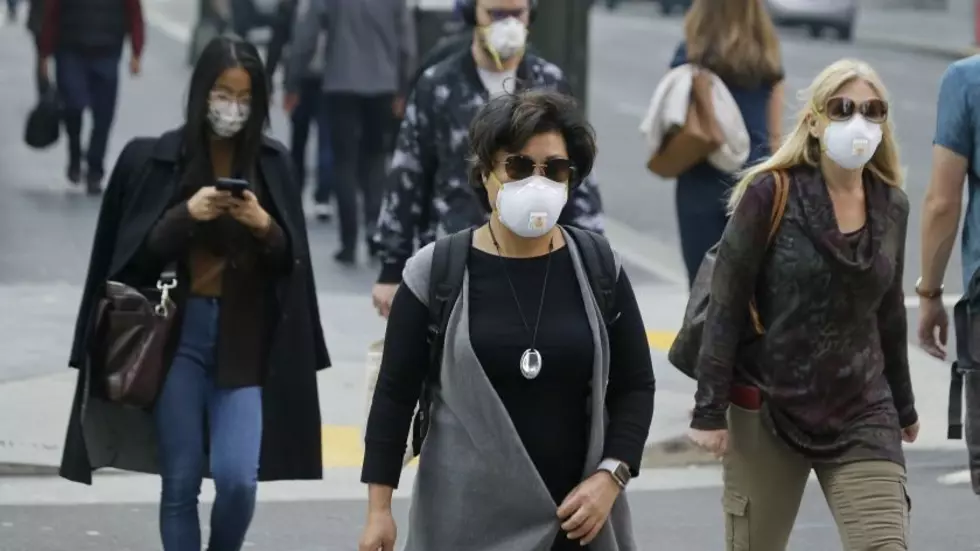
Texas Running out of Medical Masks with Fears of Coronavirus
In less than a month at this writing close to sixty people have died due to the mysterious coronavirus, and now with cases looming here in Texas and other densely populated areas people are taking wise precautions.
Besides Canada and the United States, health officials in France, Australia, Japan, Malaysia, Nepal, Singapore, Thailand, Vietnam and South Korea have confirmed cases of coronavirus.
Scientists have yet to fully understand the destructive potential of the new virus, known as 2019-nCoV. Researchers and investigators are just beginning to figure out where it originated, how it's transmitted and how far it has spread.
Unlike other viruses, such as influenza coronavirus can be spread airborne as well as physical contact. The new coronavirus causes symptoms similar to those of previously identified disease-causing coronaviruses. In currently identified patients, there seems to be a spectrum of illness: A large number experience mild pneumonia-like symptoms, while others have a much more severe response. Symptoms include, but are not limited to:
Fever, elevated body temperature.
Dry cough.
Fatigue or muscle pain.
Breathing difficulties.
Coughing up mucus or blood.
Headaches.
Diarrhea.
Coronaviruses are notoriously hardy organisms. They're effective at hiding from the human immune system, and we haven't developed any reliable treatments or vaccines that can eradicate them. In most cases, health officials attempt to deal with the symptoms.
Prevention measures include:
Frequently wash your hands with soap and water for at least 20 seconds.
Avoid touching your eyes, nose, or mouth with unwashed hands.
Avoid close contact with people who are sick.
For more information on prevention of the rapid and aggressive spread of the coronavirus The World Health Organization has more information.
More From 101.9 The Bull









